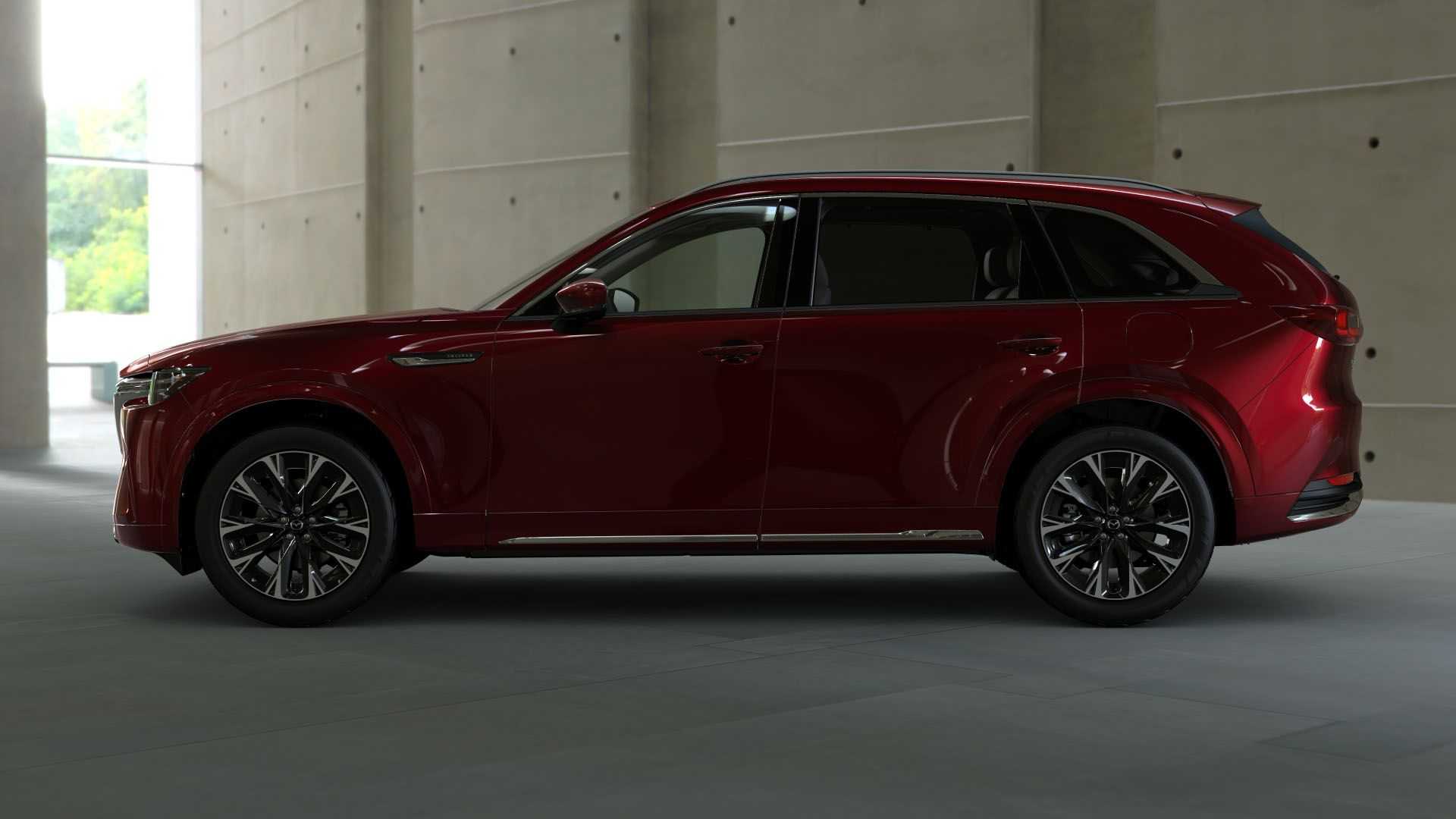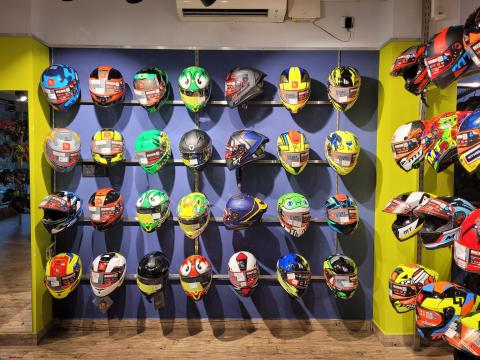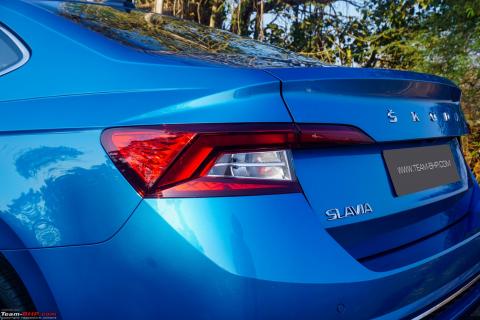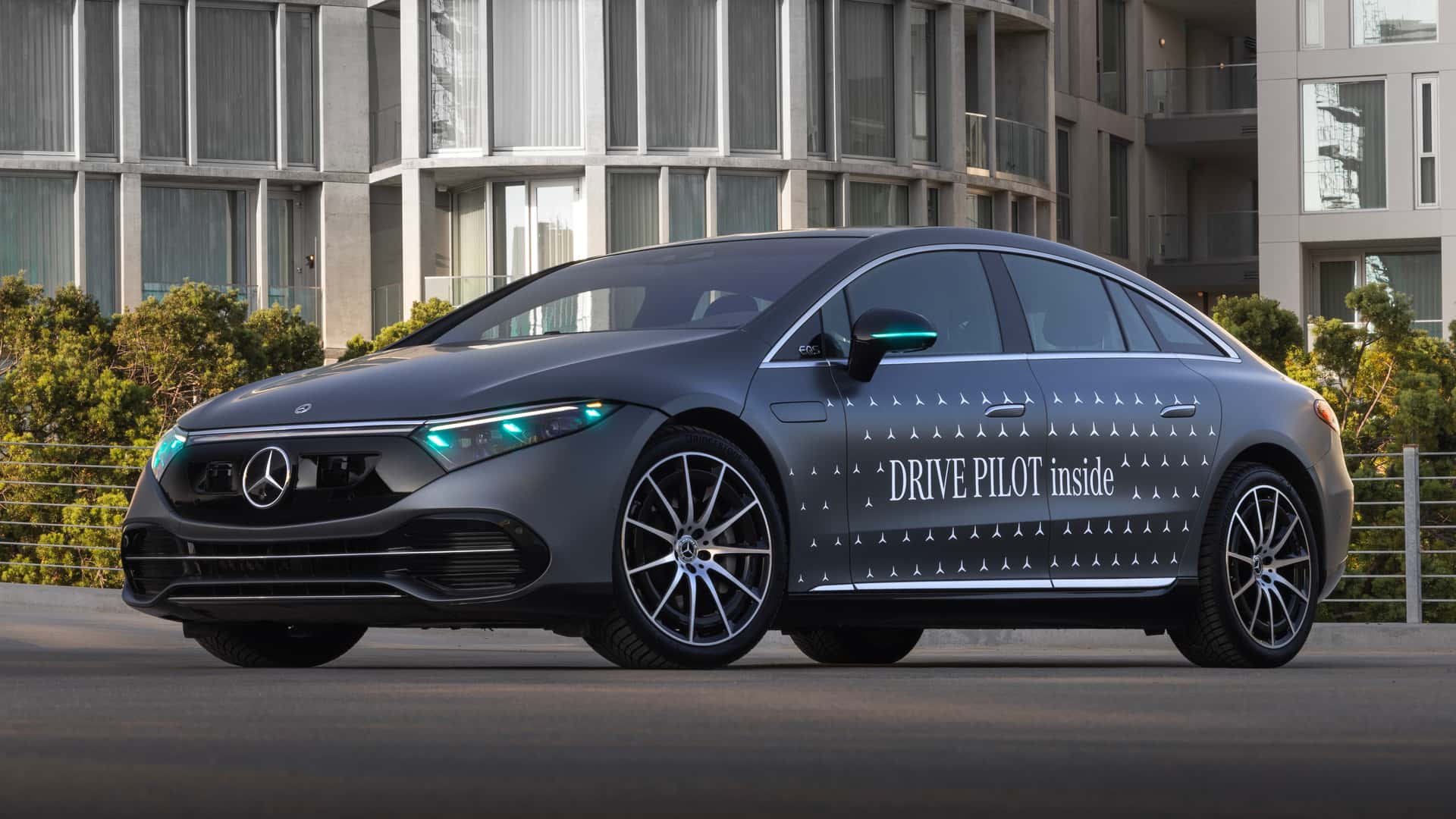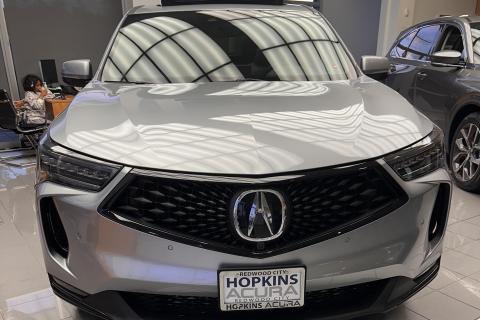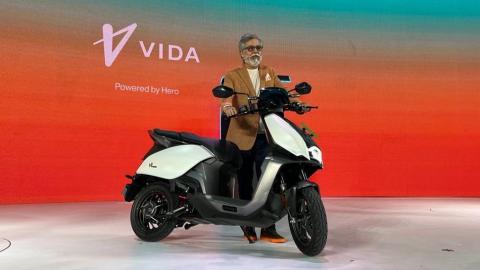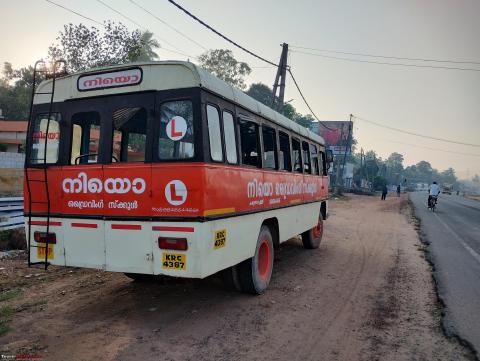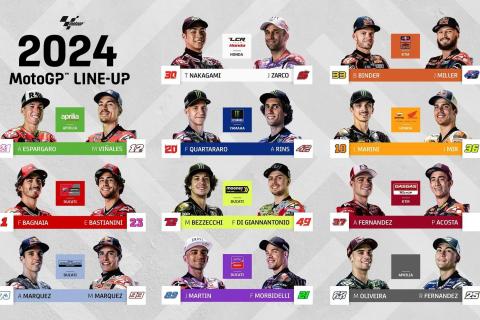
After months of rumors, it appears that Tesla is finally confirming that it plans to bring Full Self-Driving Beta, its more advanced Level 2 active safety system, to China.
Tesla reportedly confirmed to a local media outlet that it is making progress on bringing the system to the Chinese market after previously shutting down similar reports earlier this year. Now it would appear that the automaker is well into the process of bringing its core driver assistance software to the hungriest EV market on the planet.
We knew about Tesla’s potential plan to launch FSD in China earlier this year. Rumors were shot down by Tesla in April A local media outlet reported in August that Tesla was recruiting a local operations team of at least 20 people to bring the feature to the largest EV market in the world. Now, Tesla has reportedly confirmed to at least one local media outlet that it is “moving forward” with bringing FSD to the Chinese market.
“[Work to bring FSD to China] is indeed moving forward at the moment,” reported China Fund News, citing an official response from Tesla.
The news comes parallel to the Chinese government’s decision to permit limited trials for some Intelligent Connected Vehicles (ICVs) to conduct Level 3 and 4 on-road autonomy tests in designated city areas. Tesla did not specify whether or not its vehicles would be included in these trials.
The rollout of FSD in China may be complicated, at least from a data and modeling perspective. China International Capital Corporation, the country’s flagship international investment bank, said in June that if Tesla were to roll out FSD in the country, the entire data loop must be kept within the country, which means computing resources, mapping, and development team completely independent to China—something at least already partially set-up today to comply with existing Chinese automotive regulatory requirements. CITIC Securities, a separate Chinese investment bank, noted around the same time that mapping data is considered to be “highly sensitive and related to national security,” meaning that this could be a hurdle Tesla needs to overcome before it could roll out the feature in China.
Tesla recently said that its impending FSD v12 release is only weeks away, likely in line with the paper launch of the automaker’s hotly anticipated Cybertruck on November 30th. This version, according to CEO Elon Musk, will remove the “beta” from the Full Self-Driving Beta. It’s not clear if this is related to the automaker’s reported decision to push the feature outside of its home market.
Earlier this month, Tesla updated the digital manuals for its cars outside of the United States to include information about FSD Beta. This was indicative of FSD being deployed outside the U.S., however, it may have been a slip-up instead, as the automaker quickly removed the section in its Chinese and European owner’s manual after media outlets reported on the change. It’s not clear if publishing it was an outright mistake, or if Tesla has published the information early—either way, it would appear that a worldwide rollout of FSD isn’t on the books, at least not yet.
It’s worth noting that Tesla still has several promises to deliver on FSD in the U.S. For example, the feature still has yet to complete a fully coast-to-coast hands-free drive as originally promised by Musk in 2016. Likewise, Musk also promised to have “1 million robotaxis” on the road by the end of 2020, and that Tesla’s FSD feature would make Tesla’s vehicles an “appreciating asset” despite the company only valuing FSD at 26% of its once-$15,000 price tag during a trade-in.
Moreover, a Florida judge recently ruled that an Autopilot-centric lawsuit could move forward, alleging that there was “reasonable evidence” that Tesla was aware of core defects in Tesla’s partially automated driving features during at least one fatal crash where the feature was engaged. All of this isn’t to say that Tesla is incapable of delivering on its promises, only that it has quite a way to go before FSD itself truly reaches Musk’s promise of Level 4 or Level 5 autonomy in its home market.
The Chinese market is incredibly competitive in the self-driving space, meaning that Tesla has huge shoes to fill in a market where other providers, like Baidu, are already equipped to provide driverless rides in some cities. If Tesla succeeds, it may be able to bring some of its lessons learned back to the U.S. to improve its product on its own home turf.
Source: Read Full Article
